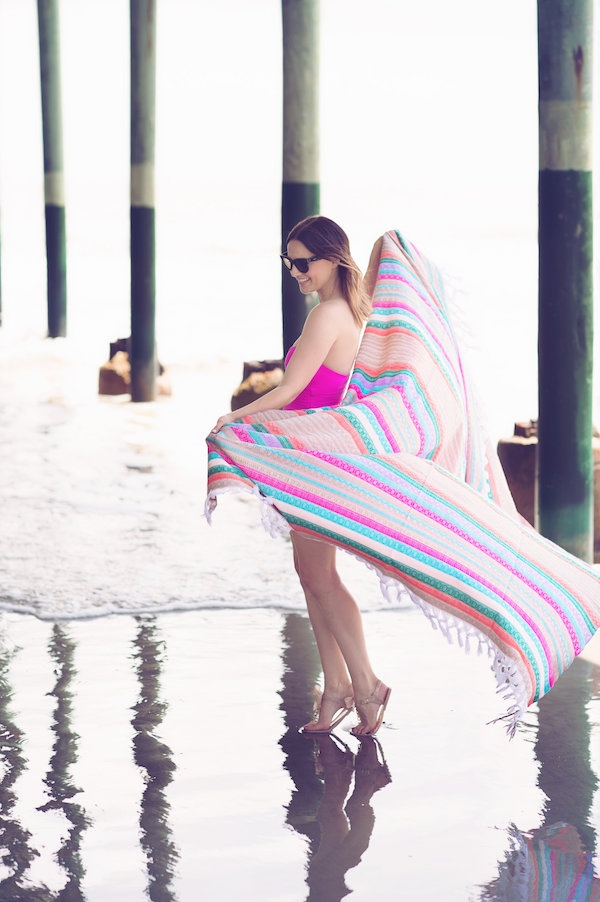
Before you head out to the pool to work on your glow, let’s talk about a super important topic: sun protection. May is Skin Cancer Awareness Month and it’s an important reminder to educate yourself on the facts about sun protection and to schedule an annual skin check with your dermatologist.
Last summer we interviewed Supergoop! founder Holly Thaggard about her knowledge on sun protection, and today we are going to share pieces of her wisdom as well as other important info and some of our favorite products.
Read on below and be sure to share this with any friends or family members who may need a gentle reminder to get a skin check!
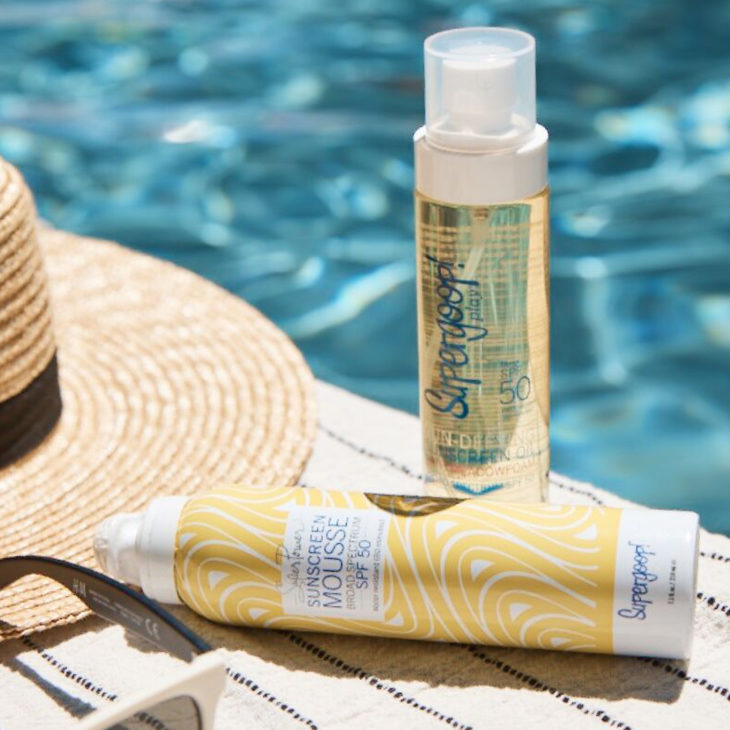
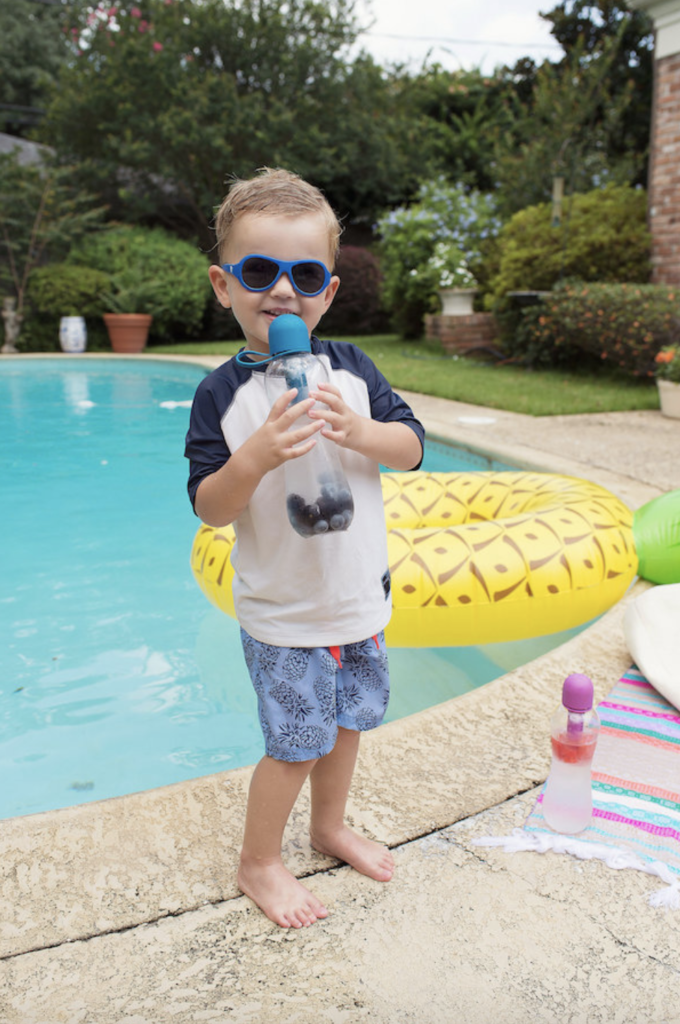
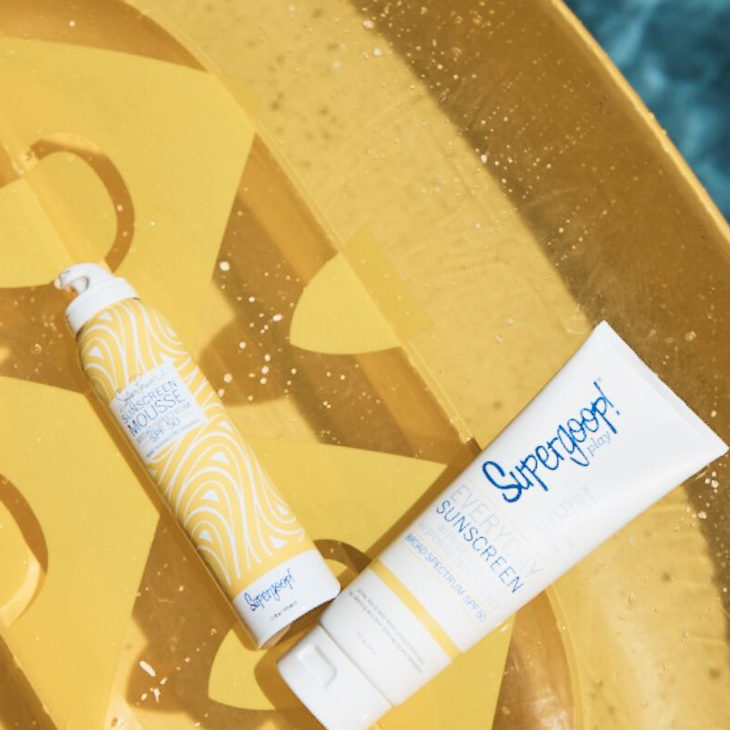
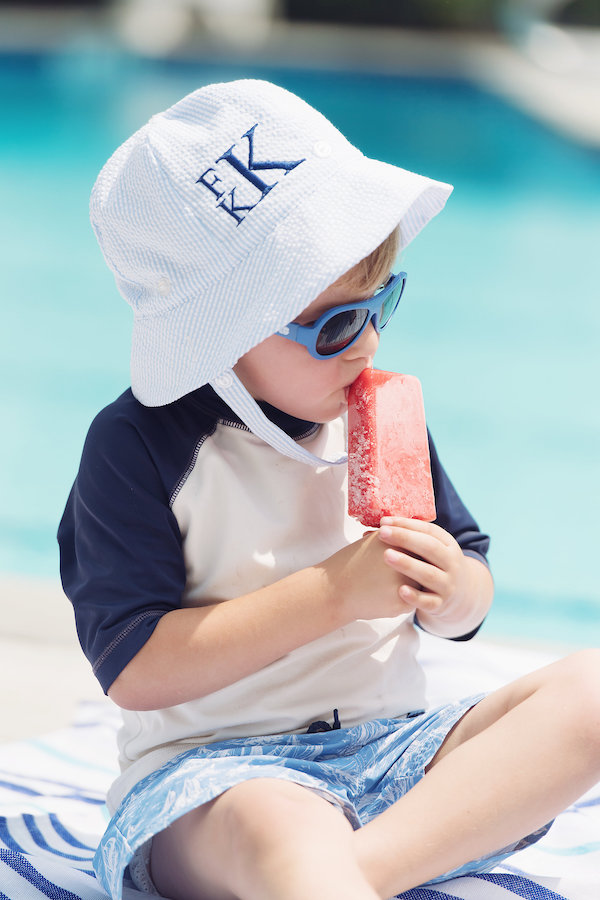

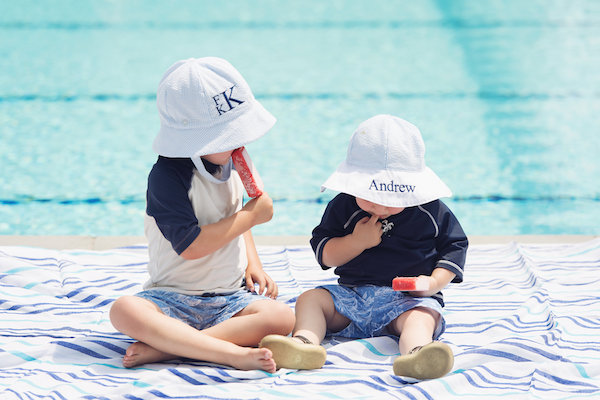

Did you know that skin cancer is the most common cancer in the U.S.?
It is also the most preventable, but prevention starts with sun protection at an early age. Unfortunately, there is a lack of education about the importance of sun protection and daily SPF wear, especially in school systems. In fact, only 12 states currently allow SPF on school campuses without a note from a doctor.
Myth: Only Wear SPF for Sunny Outdoor Days
As Supergoop’s Holly Thaggard told us — it’s a myth that you only need to wear sunscreen at the beach or for a day outdoors. You should wear SPF every single day. This starts by educating your kids to wear sunscreen every day and to make it a daily habit for yourself and your family.
Only 12 states currently allow SPF on school campuses without a note from a doctor
This is really unfortunate as so much of kids’ time is spent at school and after-school sports.
Holly gave us the scoop on where Texas stands on the issue:
“In 2012, MD Anderson Cancer Center in Houston announced a melanoma moon shot program to better understand and respond to melanoma and to work with Texas lawmakers and advocates like Supergoop! to create real change. This was instrumental in making the 2013 legislation, which now prevents teens from using tanning beds, and creating sun safety curriculums for children which are now taught to hundreds of thousands of elementary school students in America.” – Holly Thaggard
What can you do to help this issue?
If you are a parent, be an advocate at your kids’ school. Help the school to realize the importance of sun protection for children on campus and to recognize their role in providing that protection.
Sun damage accumulates over time starting at a very young age
If you’re exposed to the sun at a younger age, your skin can suffer over time.
Have you ever wondered if your skin pigment determines how often or what level sunscreen you need?
From Holly: “All skin tones need SPF, even those who rarely burn. When it comes to sun protection, most people tend to think only about sunburns, which are only caused by UVB (burning) rays. But the truth is, you’re forgetting an entirely different type of damage. UVA (aging) rays enter the skin’s surface even deeper, and they can contribute to skin cancer and also cause signs of aging (wrinkles, uneven skin tone, all those little things you don’t love about your skin).”
How does regular sunscreen application affect our skin over the years?
90% of the signs of aging are actually caused by the sun. Broad Spectrum SPF protects against both UVA (aging) and UVB (burning) rays, and all of Supergoop’s products are Broad Spectrum. They also all protect your skin from Infrared radiation, which can cause free radical damage.
babies and sunscreen
You’re not supposed to use sunscreen on babies until they are at least 6 months old. Before then, keep you baby in the shade and dress them in protective clothing, a hat, and sunglasses.
What to keep in mind when buying sunscreen
Goop recently outlined details on various criteria to look for in susncreen. In summary, if you want a nontoxic sunscreen you should gravitate towards mineral-only sunscreens. Look for “water-resistant” on the bottle so that you know it won’t wash off. Look for “broad-spectrum” which blocks both UVA and UVB rays.
Shop some of our favorite products below and drop us a line in the comments if you have any other insights or questions!








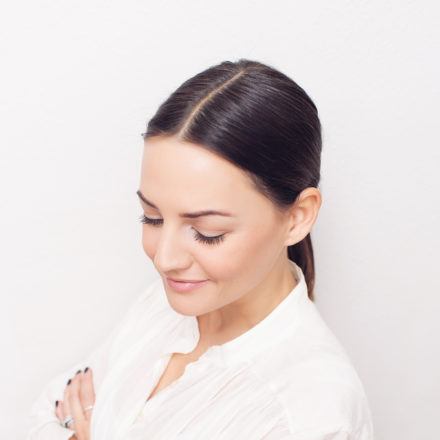
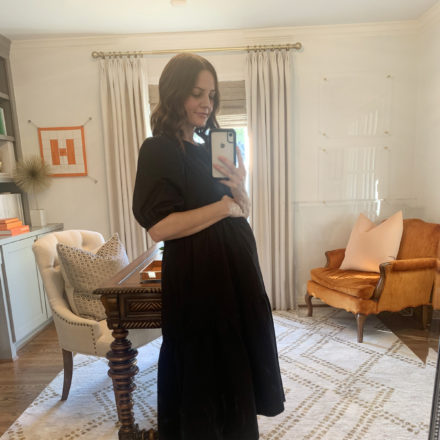

Leave your thoughts